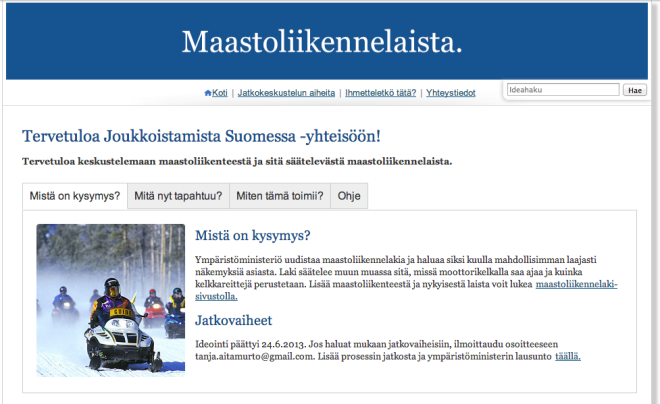Now here is an improbable idea: an activist hedge fund. Out of Tampere, Finland, comes the Robin Hood Asset Management Coop, which legally speaking, is an investment cooperative. It is designed to skim the cream off of frothy investments in the stock market to help support commoners. As the website for the coop describe it:
We use financial technologies to democratize finance, expand financial inclusion and generate new economic space. Robin Hood’s proposition is no different than it was 600 years ago in Sherwood: arbitrage the routes of wealth and distribute the loot as shared resources. Today we just use different methods to achieve the same: we analyze big data, write algorithms, deploy web-based technologies and engineer financial instruments to create and distribute surplus profits for all. Why? Simply, we believe a more equitable world is a better one.
The Robin Hood Coop currently has 808 members from some 15 countries, and manages about 651,000 euros in various stock market investments. Started in June 2012, the coop has generated over 100,000 euros for its members and to its common pool, which is used to support commons projects. Robin Hood reports that in its first year, it had “the third most profitable rate of return in the world of all the hedge funds.” 
Anyone can join the coop for a 30€ membership fee, which entitles members to invest a minimum of 30€. Members can then choose eight different options for splitting any profits (after costs) among their own accounts, Robin Hood Projects and the general Robin Hood Fund. Most members choose a simple 50-50 split of profits to themselves and Robin Hood Projects. For the past two full years of its operations, the project has been profitable. (As of November 19, however, net asset value was down 6.38%.) Robin Hood says that its operating costs are quite low compared to normal asset management services provided by banks.
The enterprise is driven by Robin Hood’s “dynamic data-mining algorithm,” which it calls “Parasite,” because it tracks actual transactions in US stock markets and mimics the best market actors. The coop’s website explains: “The parasite listens to the feed of the NYSE, watching for traders and what they trade. Then it competency ranks traders, identifying ones that are constantly making money on specific stocks. When it sees that a consensus is forming among such competent traders, it follows.” Robin Hood appears to be out-performing many leading hedge funds and reaping impressive returns, and it provides a modest but welcome source of income for some commons projects.


